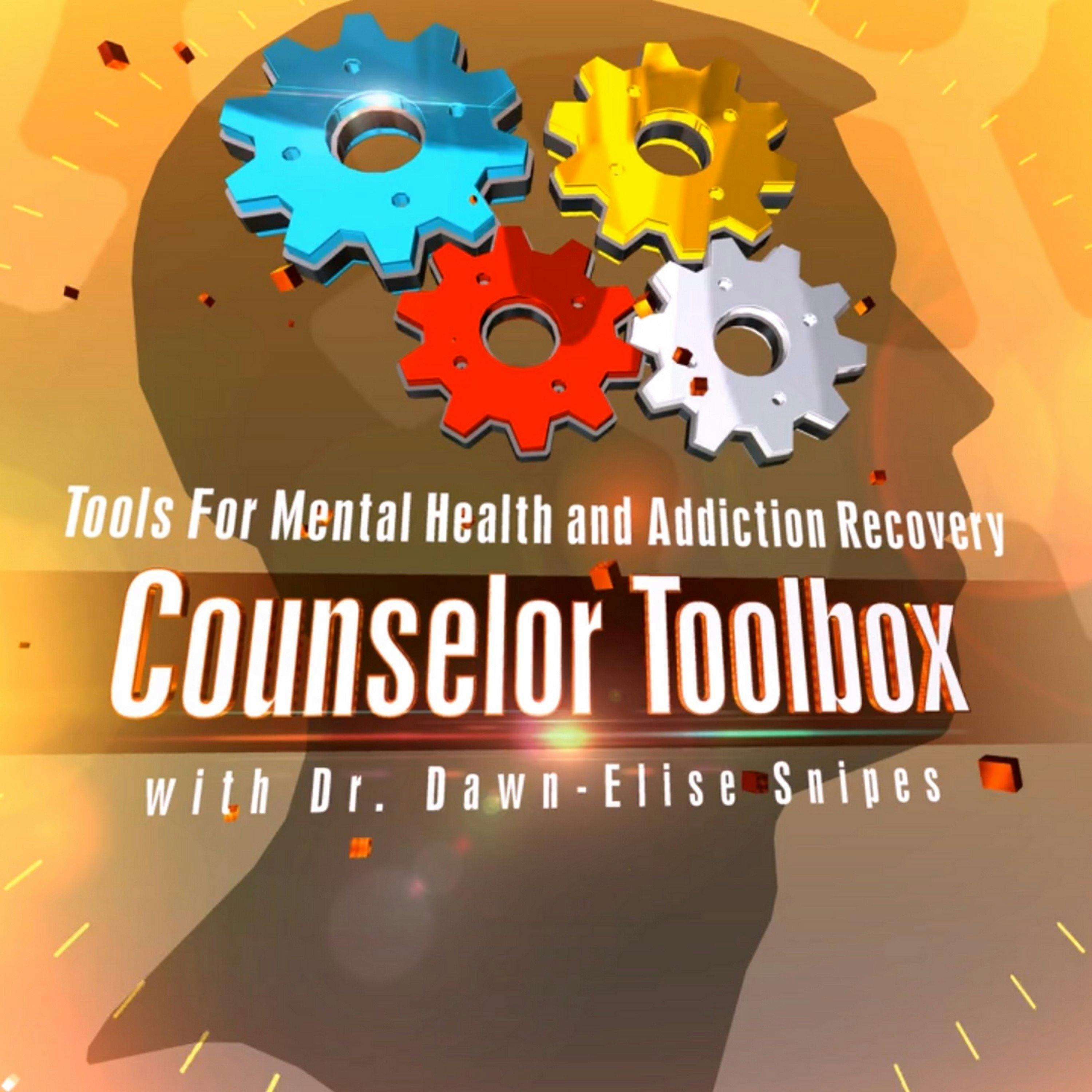Trauma Related Brain Damage: Neurotoxicity of Stress
Description
### Video Summary
**Title:** Trauma Related Brain Damage, Glutamate, and Neurotoxicity
**Presenter:** Dr. Dawn-Elise Snipes
**Link:** [Watch the video](https://youtu.be/AFsqzW8DBYc?si=Asi1zJlYqabK-Vn6)
---
#### Introduction
- Overview of trauma's effect on brain glutamate levels
- Discusses impact on HPA axis and neurotransmitter balance
- Importance of glutamate in learning and synaptic plasticity
#### Effects of Glutamate Imbalance
- Role of glutamate and cortisol in brain function
- Goldilocks principle: need for balanced neurotransmitter levels
- Symptoms of too little and too much glutamate
- Too little: difficulty concentrating, fatigue, apathy
- Too much: excitotoxicity, anxiety, neurodegeneration
#### Glutamate and Dopamine Interactions
- Dopamine potentiates glutamate, increasing neurotoxicity
- Impact of stimulants on glutamate release
#### HPA Axis and Stress Response
- Explanation of HPA axis function and stress response
- Chronic stress leads to pathophysiological changes and neuronal death
- Hypervigilance and its effects on cortisol and glutamate levels
#### Impact of Trauma and PTSD
- Trauma disrupts sense of safety, causing hypervigilance
- Persistent hypervigilance leads to chronic high glutamate and cortisol
- Stress-induced changes in prefrontal cortex and hippocampus affecting cognitive functions
#### Neurotransmission Dysfunction
- Glutamatergic dysfunction linked to stress-related mental and physical illnesses
- Systemic inflammation associated with depression, anxiety, autoimmune diseases
#### Interventions and Recovery
- Glutamate antagonists and their effects
- Importance of nutrients in normalizing glutamate levels
- Role of adaptogens, neuro lipids, and essential oils
- Behavioral strategies: creating safety, addressing intrusive thoughts, and flashbacks
- Cognitive and acceptance-based therapies for trauma
- Benefits of meditation and exercise in neurogenesis and stress reduction
#### Summary
- Glutamate is crucial for brain function but must be balanced
- Chronic stress impacts glutamate regulation, leading to various health issues
- Multiple interventions can help in managing glutamate levels and improving overall brain health
---
### Time Codes for Major Points
02:00 Overview of glutamate's role in the brain and effects of imbalance
07:45 Interaction between dopamine and glutamate, and impact of stimulants
13:30 Explanation of the HPA axis and its role in stress response
20:15 Impact of trauma and PTSD on glutamate and cortisol levels
25:50 Neurotransmission dysfunction and its link to mental and physical illnesses
35:30 Interventions for managing glutamate levels and improving brain health
Learn more about your ad choices. Visit megaphone.fm/adchoices
More Episodes
Learn more about your ad choices. Visit megaphone.fm/adchoices
Published 11/21/24
Published 11/21/24
Introduction
Presenter: Dr. Dawn-Elise Snipes discusses helping families navigate life transitions using the Flower Empower Model.
The focus is on understanding how various transitions impact both individuals and families, emphasizing the importance of supportive partnerships between...
Published 11/19/24


